The first ever ecommerce sale was made in 1994… and can you guess what it was?
It was a Sting CD.
People often give credit to Pizza Hut or Amazon for their first ecommerce shopping. But the real credit goes to Dan Kohn, an entrepreneur in his 20s who ran a website based in the New Hemisphere called NetMarket.
Dan Kohn sold a Sting’s CD to a friend who purchased it with his credit card for $12.48 plus shipping costs. This trading is now known as ecommerce shopping - the sale of goods and services through the Internet.
From 1994 to growing its shoppers, turning to devices and computers as the primary tools for discovering and buying products Ecommerce has come a long way. Ever since Amazon sold its first book in 1995, the ecommerce landscape has revolutionized completely. The key to this revolution has always been the convenience of the consumer.
By virtue of Amazon, products could now come to a buyer instead of vice versa, saving their time, effort, and money in just one click of a button. Here at APPNWEB Technologies an ecommerce website development company, we’re experts in ecommerce solutions. We help businesses of all sizes and levels to achieve seamless integration.
What’s the Future of Ecommerce
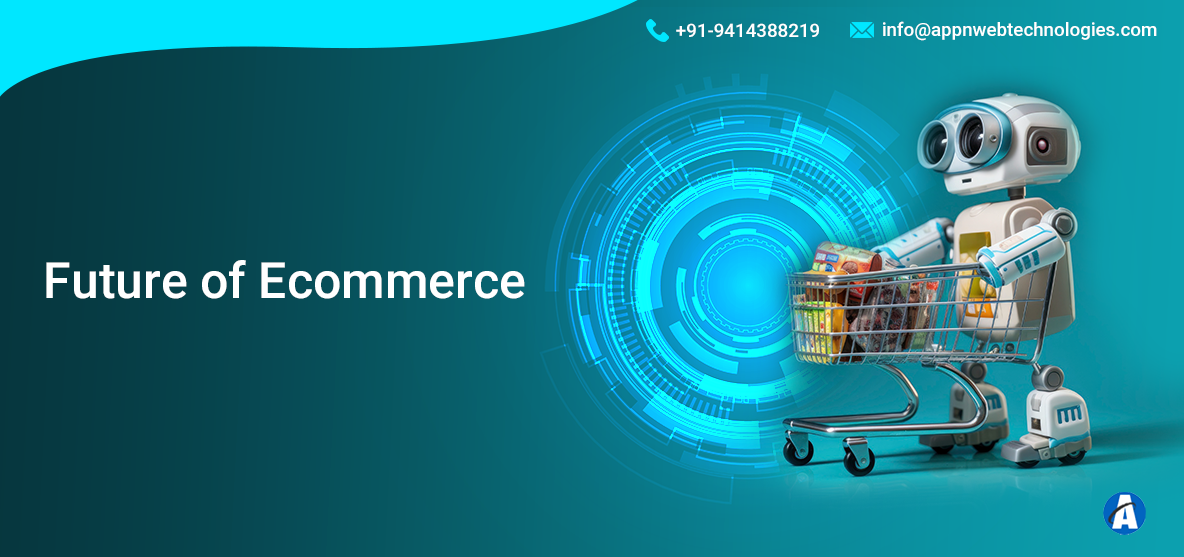
Ecommerce solutions has steadily increased its share of retail sales over the last five years. It’s abundantly clear that ecommerce is here to stay, it has stayed. After analyzing ecommerce solutions and trends that have a solid upward momentum, experts have determined some trends that are expected to be long-lasting.
The number of B2B consumers using digital channels is soaring and many customers prefer online interactions. Take ecommerce marketing research for example, close to 60 percent of B2B customers find remote sales as effective as traditional sales. If you’re planning to build ecommerce solutions your channel strategy must reflect your overall goals and industry environment. Are you targeting to reach customers in a particular segment? Generate better leads? Improve penetration for existing clients?
Regardless of the focus, your strategy must provide benefits and reduce risks for stakeholders, end users, and distributors. To help industrial companies maintain the right balance with the future of ecommerce we’ve explored a few industry ecommerce trends.
7 Ecommerce Trends Your Brand Can Follow

As we look ahead, the future of ecommerce looks poised for even more innovation. From personalized shopping experience to seamless checkout, the next wave of e-commerce change is just around the corner. As for leading US retailers, Amazon still holds the position of most popular and used ecommerce services. Whereas being on second Walmart holds 6.3% and Apple 3.9%.
1. Rise of Dark Social
Ever encountered a product recommendation in a WhatsApp chat or a brand being discussed in an email thread? That’s dark social. An emerging ecommerce marketing trend where content is shared through private, hard-to-measure channels. With its rise in popularity, it’s set to revolutionize both ecommerce website development and social commerce unearthing a wealth of untapped customer data.
Learning the art of dark social is not just a skill these days but a must-have expertise. Below are a few of the tips to help you capitalize on this trend
- Discover the invisible
- Boost Shareability
- Foster Communities
2. Alignment of Goals with Social Initiatives
People all over the world are becoming increasingly aware of the impact of their actions on the planet and how they can minimize it. Therefore, many ecommerce website development giants are aligning their goals with social initiatives. Shoppers today look for more than great products and ecommerce services. They also look for the social and environmental contribution they can make from their purchases. Giants like Apple, Nestle, and Salesforce today are working hard to outspread environmental awareness. These efforts and awareness amongst customers will definitely make the future of ecommerce, and most importantly our planet, bright and safe.
3. Social Commerce
With the heyday fame of Instagram, TikTok, and Facebook, social commerce makes shopping a more convenient and interactive experience. Social media platforms have become increasingly popular places for consumers to discover, research, and purchase products. As of 2021, more than 90 million US shoppers made purchases from social media platforms.
Looking forward to 2024, this trend is unlikely to slow down and is forecast to reach 114 million by 2025. Core features like in-app checkout, instant messaging tools, buy buttons, and secure payment gateways, make social media platforms shopping perfect.
4. Influential Marketing
In the last few years, influencers have become a key ingredient for ecommerce marketing strategies. In 2021, few of the established brands spent close to $3.7 billion on influential marketing. Influential-led content is seen as more human and authentic than typical brand advertising.
The term influencer is commonly used to denote people with thousands of followers or a celebrity or community on social media that your target audience follows. Influencers build a community of people who know, like, and trust them. Hence it makes it simple to advertise a product through them and get consumers’ attention. More than 50% of marketers believe that influencer-generated content performs better than regular content. In influential marketing, the emphasis is on sharing reviews and images that don’t look staged or fake.
5. More Shoppers will Use Voice Search
Alexa, Siri, and Google Voice Assistant are mainly associated with asking directions or weather-related queries. However, the way people use voice assistants is changing. From calling, playing music, food recipes, and even controlling the lighting in your home - voice assistants are becoming a core competency of online shopping. eMarkters has estimated more than 30 million US shoppers will use the voice search feature to shop.
6. AI will Personalize the Shopping Experience
Even as data regulations tighten and the biggest tech players phase out - shoppers continue to demand personalized shopping experiences. More ecommerce brands are boosting their efforts to use artificial intelligence and ML for personalization.
Ecommerce fashion company Myntra and clothing retailer Levi’s use an AI-powered recommendation engine to suggest shoppers’ online behavior cues to provide personalized shopping recommendations. The physical store of Levi’s uses AI to curate assortments and provide a better customer experience.
7. More Consumers Tune into Live Shopping
Live commerce is a whole new term in the future of ecommerce. It uses social media platforms to merge live streaming with commerce. Viewers tune into a Facebook or Insta live session, have real-time communication with a brand, and purchase items off the back of its answers.
Live streaming can also be used to promote products, answer questions, and close better sales. Although the US is still a tiny town, live shopping is a big hit in China.
How Businesses Should Prepare for the Future of Ecommerce?
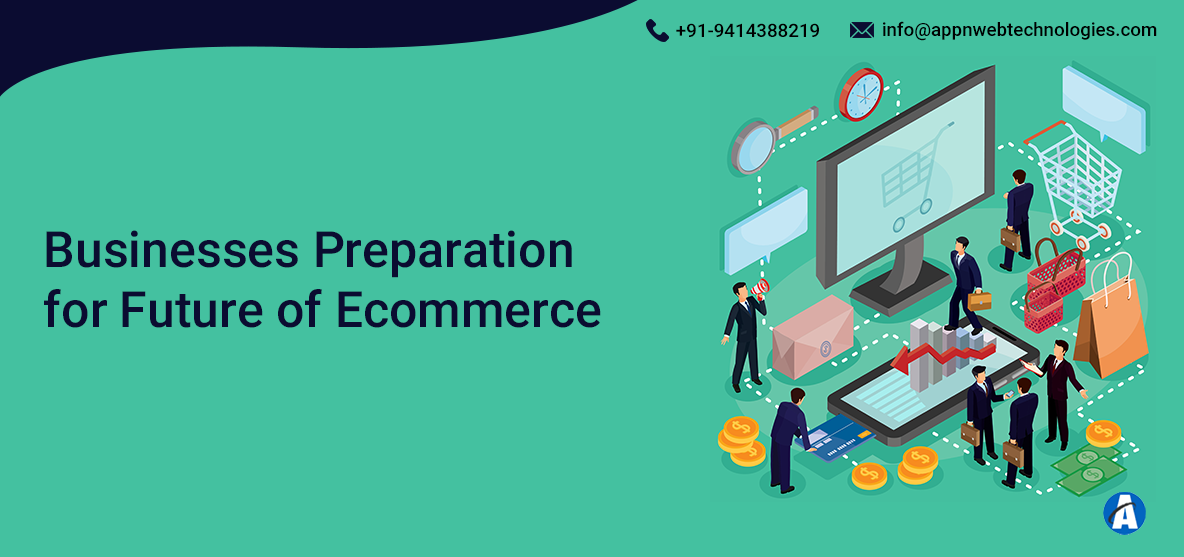
Ready, Set, Sell.
The savviest marketers and retailers spent years creating strategies that blend traditional and online channels to engage consumers. The Covid crisis has impacted customer behavior and reshuffled the deck. Physical interaction has dramatically changed and been supplanted by digital solutions.
Sales and sales tax is a hot topic in the news. Hence, it’s vital for Ecommerce website development companies to have a strong marketing game and tools at their disposal. Be sure to stay updated with the latest news and laws of ecommerce marketing and ecommerce solutions. Looking forward, we believe retailers should focus on a few certain actions to build more resilience in their customer experience and to emerge even stronger in the recovery.
- Inject innovation into omnichannel
- Double down on digital
- Reimagine the physical network
- Embrace the agile operating model
By understanding today’s and tomorrow’s ecommerce trajectory, you can better position yourself and your business for long-term success with ecommerce.
MetaVerse in Ecommerce
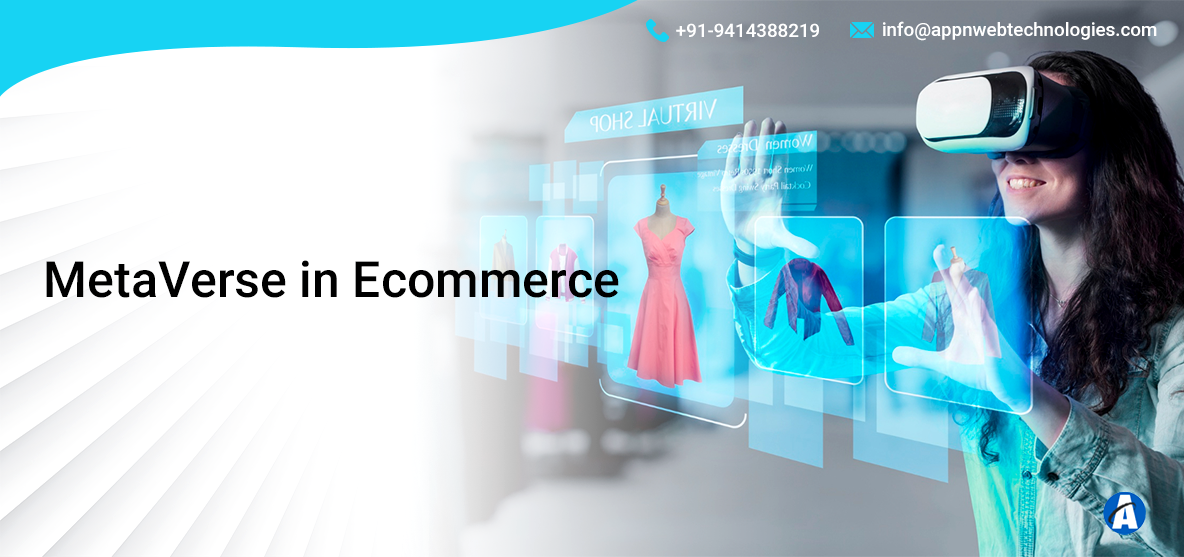
The metaverse ecosystem is gaining momentum presently. Several established brands across the globe are taking a proactive approach to include metaverse in Ecommerce solutions. These immersive experiences are capable of providing customers with a seamless shopping experience while increasing their overall revenue.
Charlotte Tilbury Virtual Reality Store
Charlotte Tilbury is a famous cosmetic brand establishing great examples of metaverse in ecommerce. The brand has recently introduced a virtual store with a unique feature called “Shop With Friends”. This feature allows users to invite their friends and shop and select in real-time.
Forever 21 Virtual Store
Forever 21 has introduced the “Top Shop” game where users can create and manage their own store. In this virtual shop game world users can explore virtual products for their avatars and socialize in one of the many plazas. With gamifying shopping Forever 21 is hoping to get more traction and deepen their relationship with clients.
Gucci Garden Metaverse and Louis The Game
Gucci and Louis Vuitton have launched a non-fungible token. This innovation allows a shopper to create and modify their own virtual appeal. Providing a whole new level to ecommerce marketing and shopping experience.
Looking to delve deeper into your ecommerce solutions to get an overview of the future of ecommerce? Get the service bundle. Book a free call with us now.
The new normal is still taking place and customer expectations will continue to shift. Retailers have much ground left to cover and time is of the essence. Businesses that focus on customer experience and respond with agility will fare better and strengthen their ties to customers.
FAQs
What is mobile commerce?
Mobile commerce or M-commerce refers to the use of mobile phones or tablets for online shopping or buying and selling on ecommerce platforms.
Do people prefer online shopping?
The US online has hit close to $1.05 trillion. Presently, more than 50 percent of consumers shop online at least once a week.
How do online sales compare to in-store sales?
From the total, online sales make up 12-15% of total retail sales in the US.
What is the metaverse in ecommerce?
Metaverse is the future of ecommerce website development. In ecommerce, it offers a virtual shopping experience that allows users to browse, purchase, and customize products from a brand on a digital platform in a digital form. This can be done by the use of the latest technological advancements in AR and VR.
Thanks for reading!
Have a project in mind? Schedule a free consultation today.
Get StartedNeed Expert Development Services?
You have spent quite some time on this page while seeking a suitable technology partner.


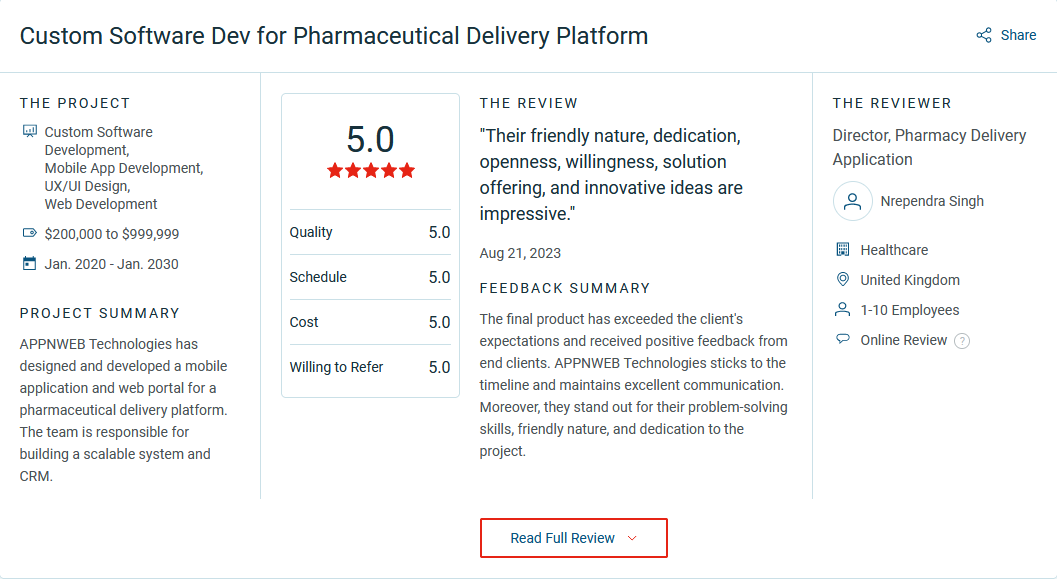
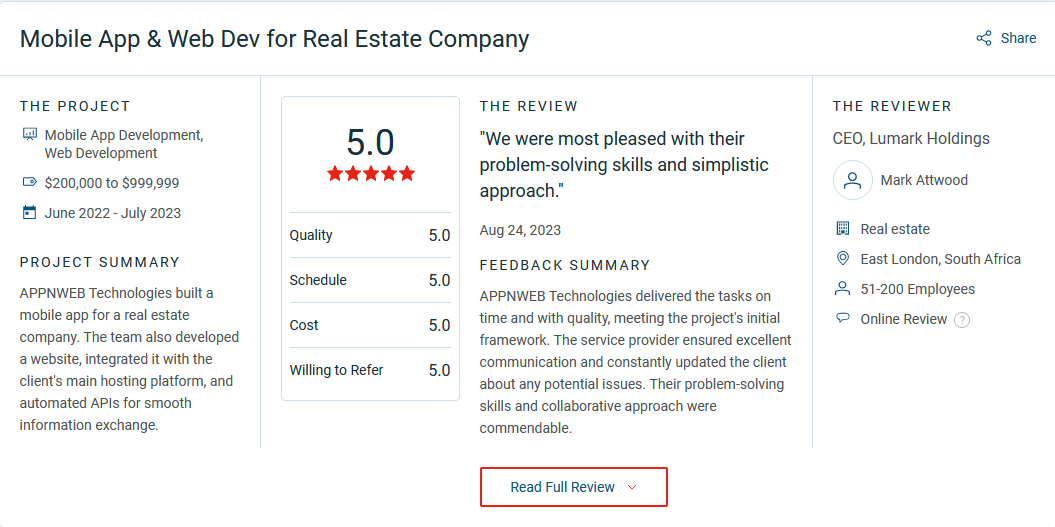
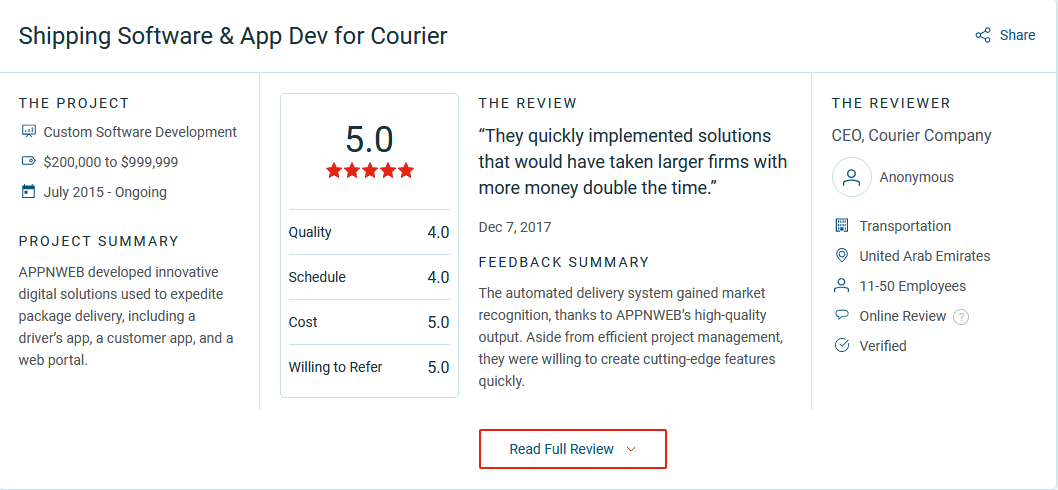
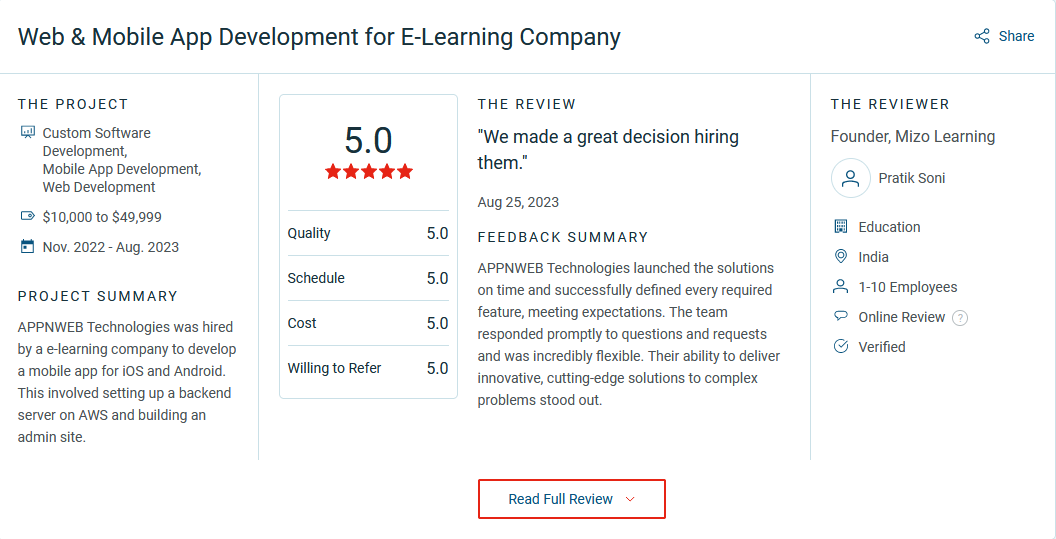
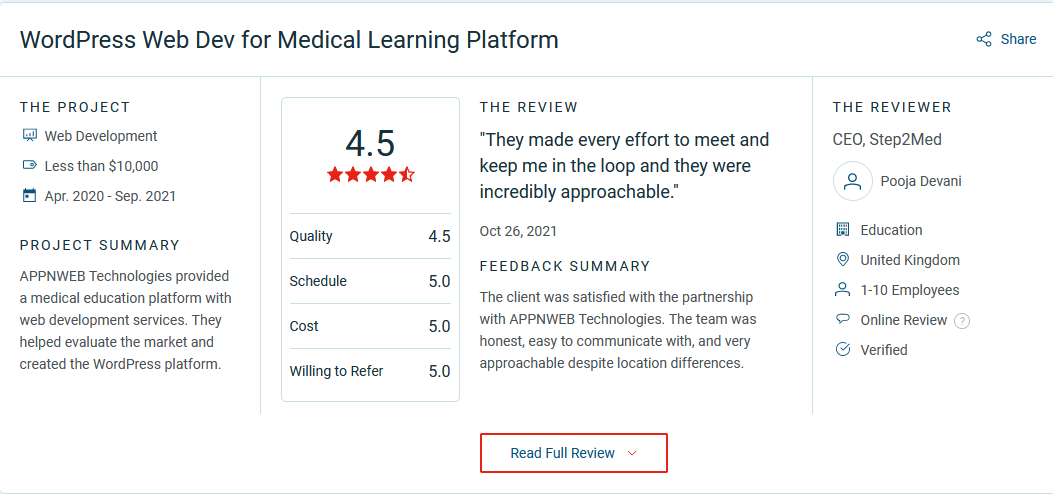












 Hire Craft CMS Developers
Hire Craft CMS Developers
 Hire Flutter Developers
Hire Flutter Developers
 Hire Blockchain Developer
Hire Blockchain Developer
 Hire WordPress Developer
Hire WordPress Developer
 Hire Magento Developer
Hire Magento Developer
 Hire Laravel Developers
Hire Laravel Developers
 Hire SaaS Developers
Hire SaaS Developers
 Hire Shopify Developer
Hire Shopify Developer
 Hire the Best Android Developer
Hire the Best Android Developer
 Hire PHP Developer
Hire PHP Developer
 Hire the Top 3% of Java Developers
Hire the Top 3% of Java Developers
 Hire Fully Vetted Angular Developers
Hire Fully Vetted Angular Developers
 Hire ReactJS Developers in India
Hire ReactJS Developers in India
 Hire iOS Developers in India
Hire iOS Developers in India
 Hire React Native Developers
Hire React Native Developers
 Hire Python Developers
Hire Python Developers


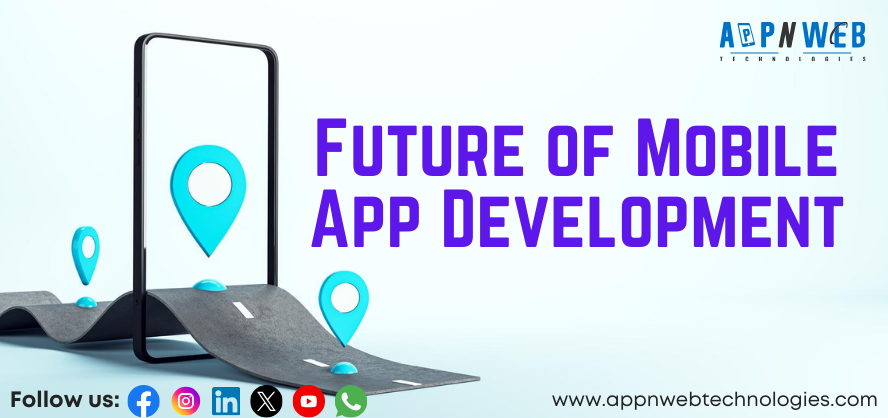
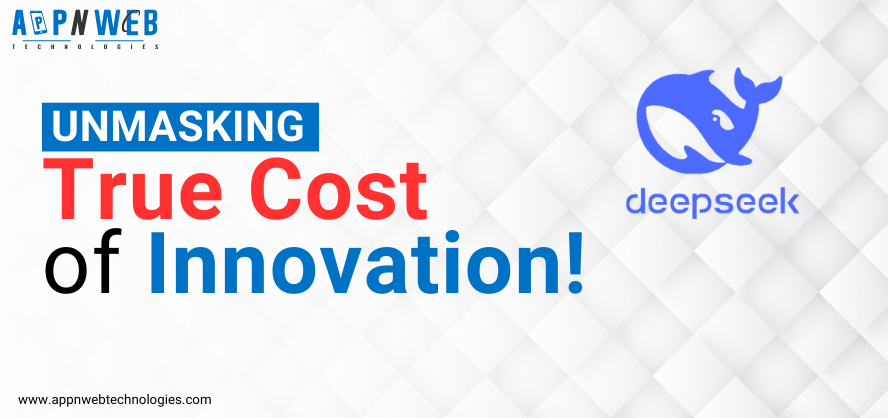











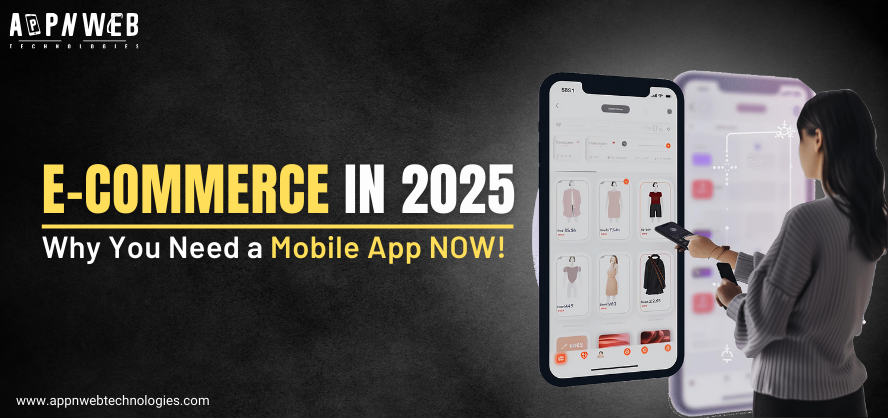

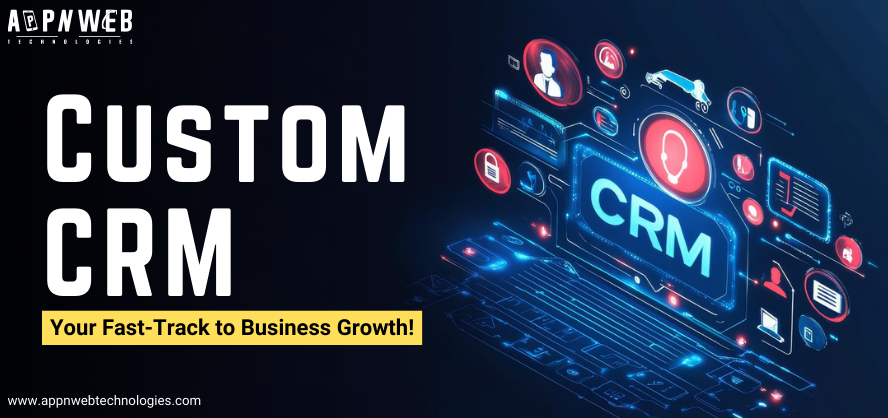
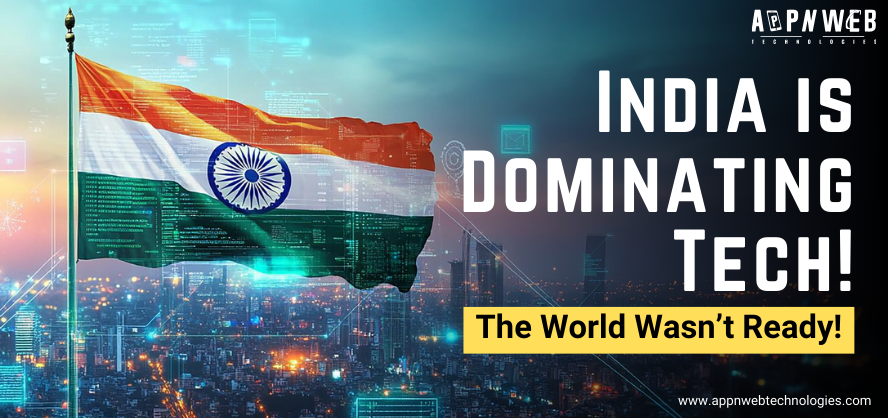
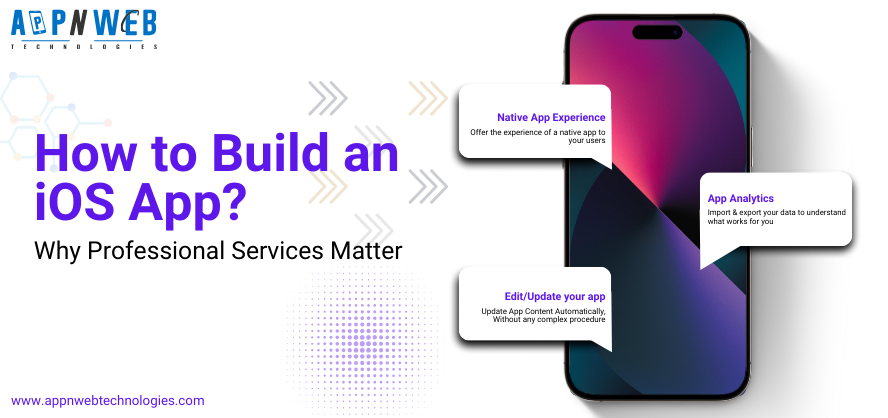
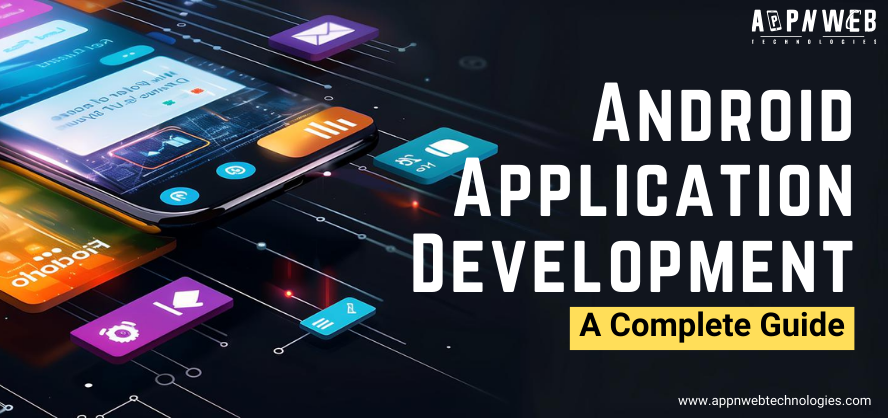

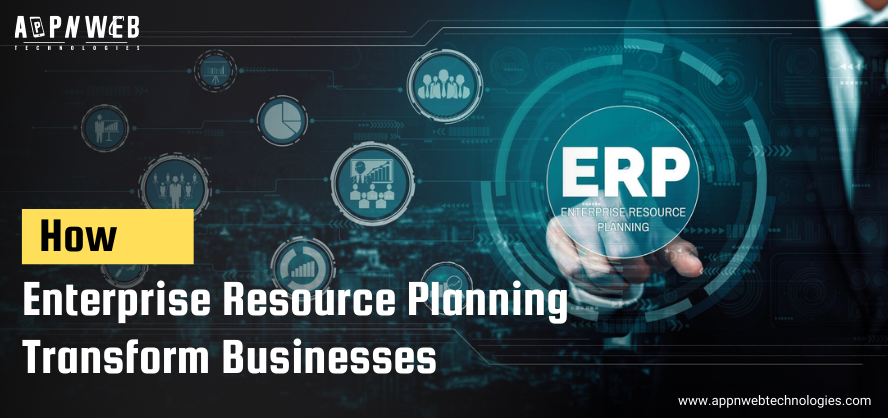


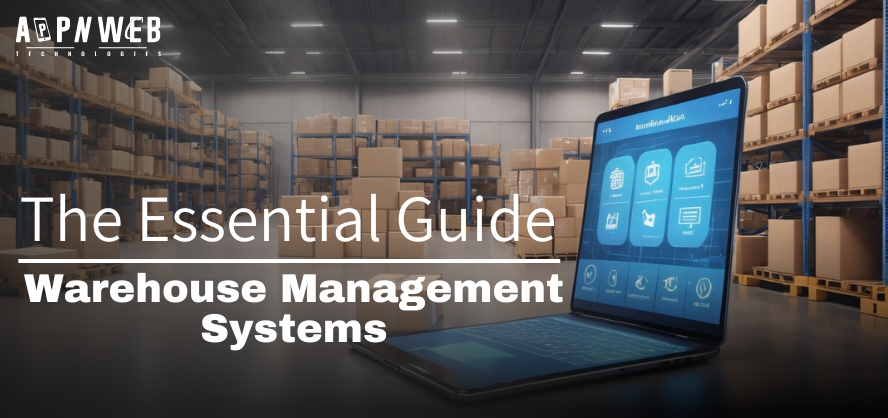
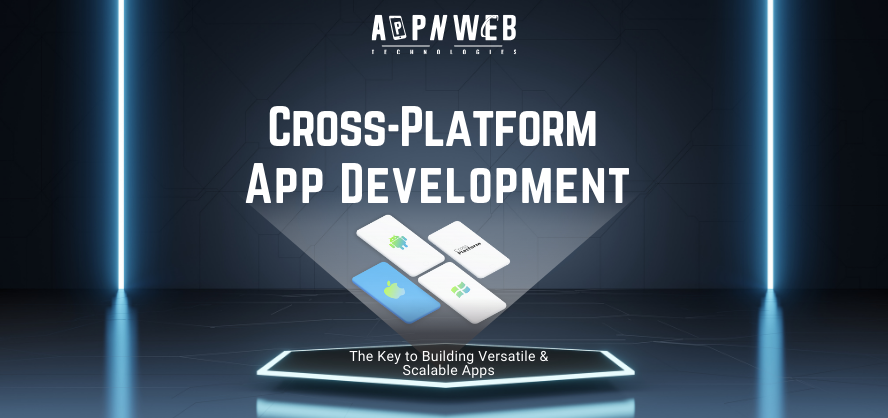
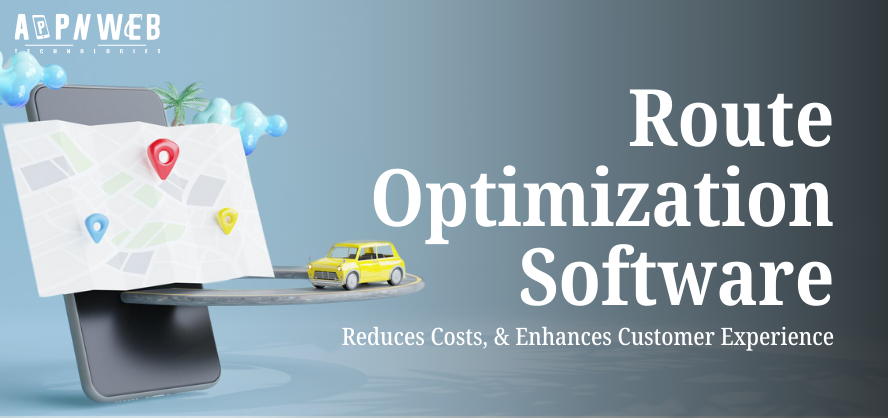
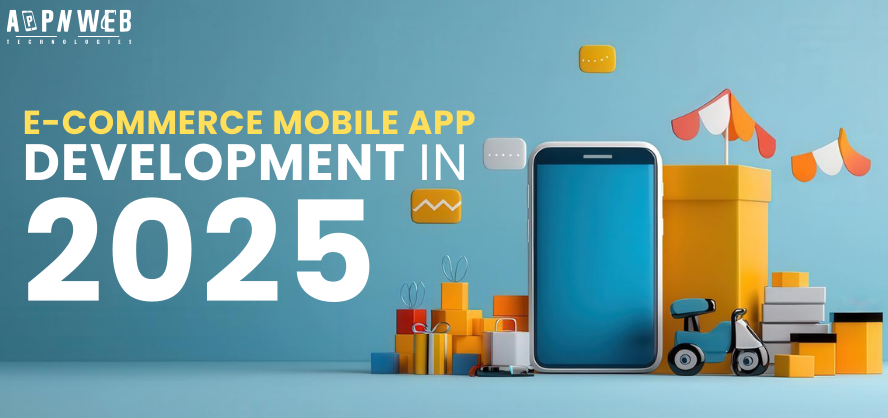


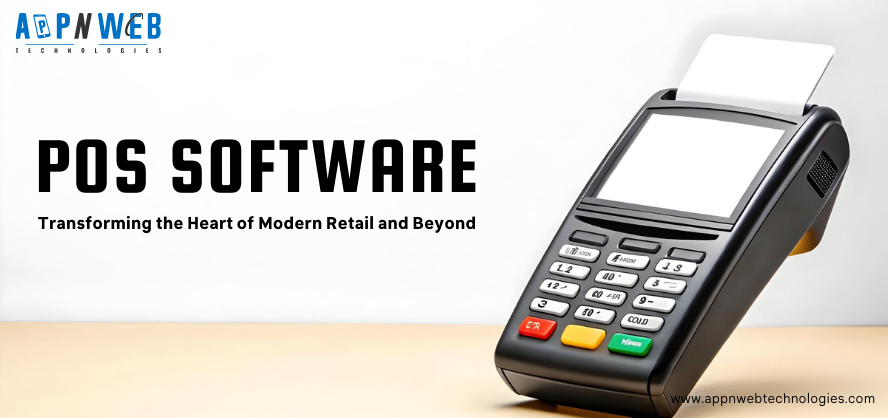
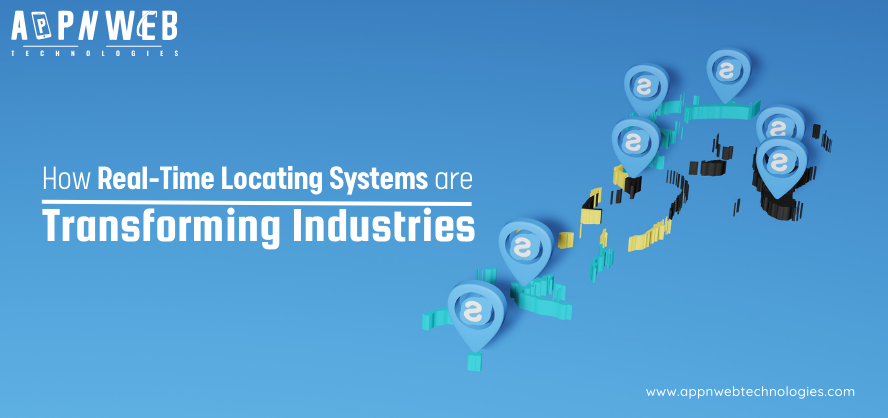

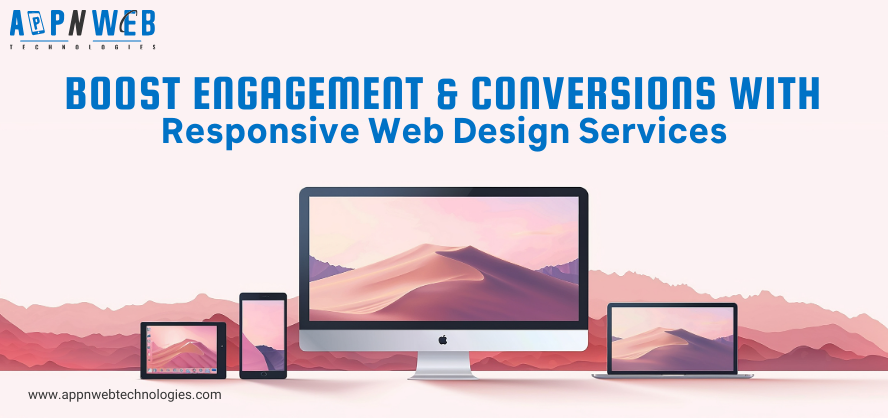
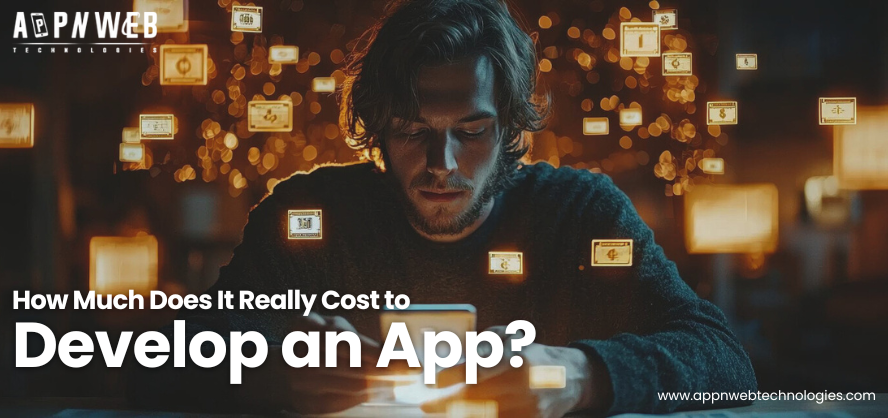

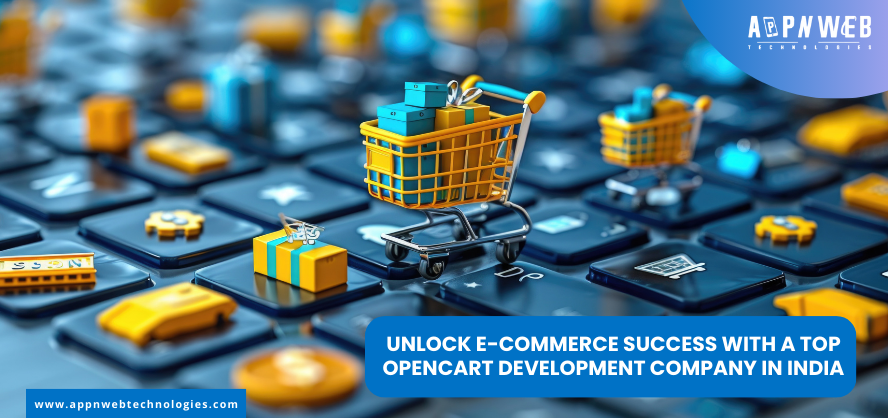
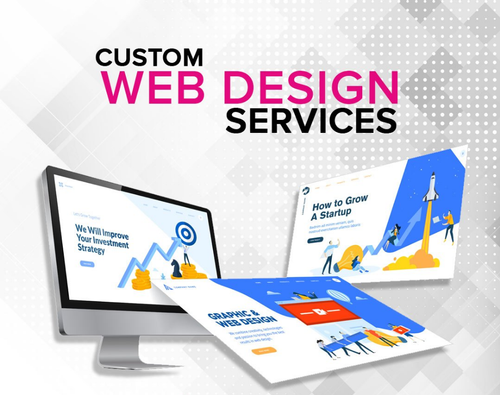
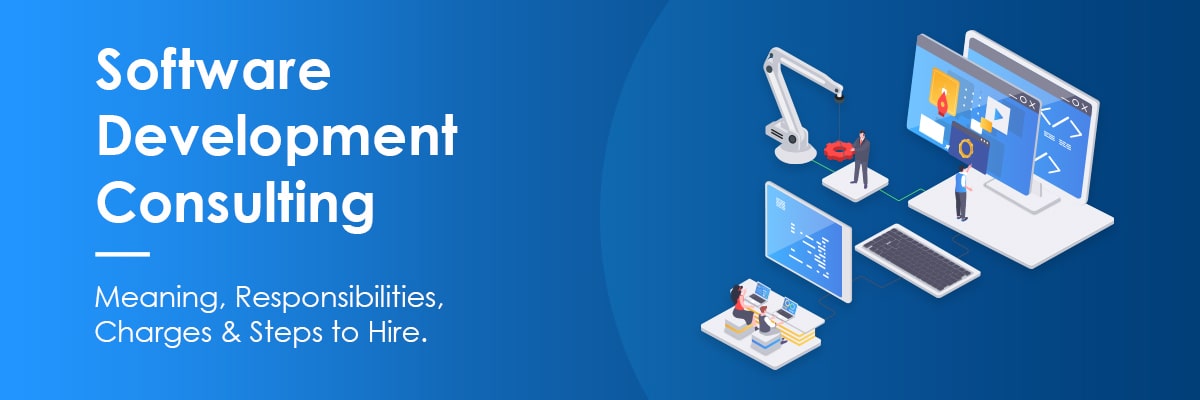
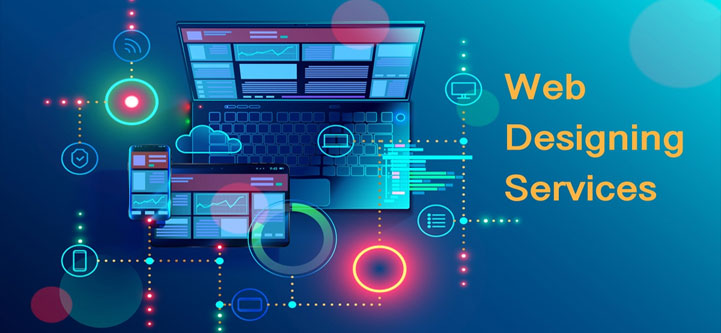
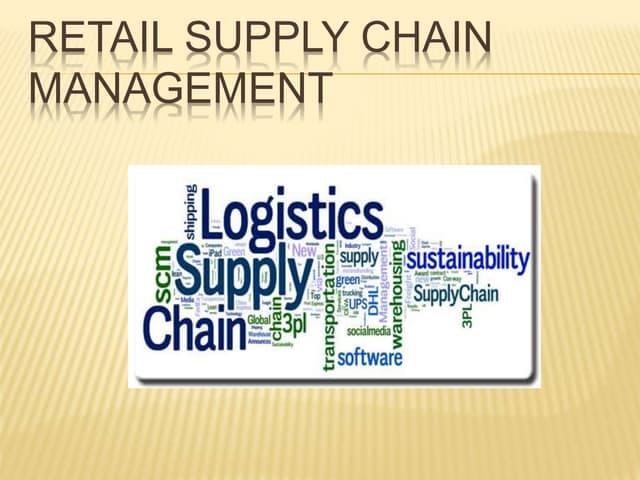



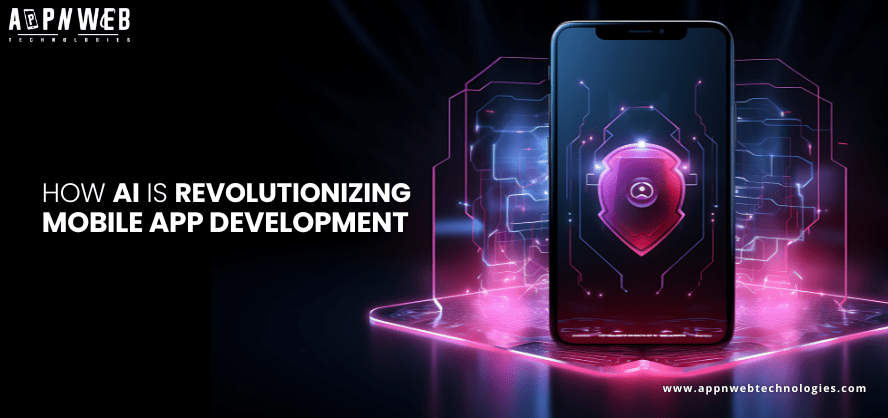
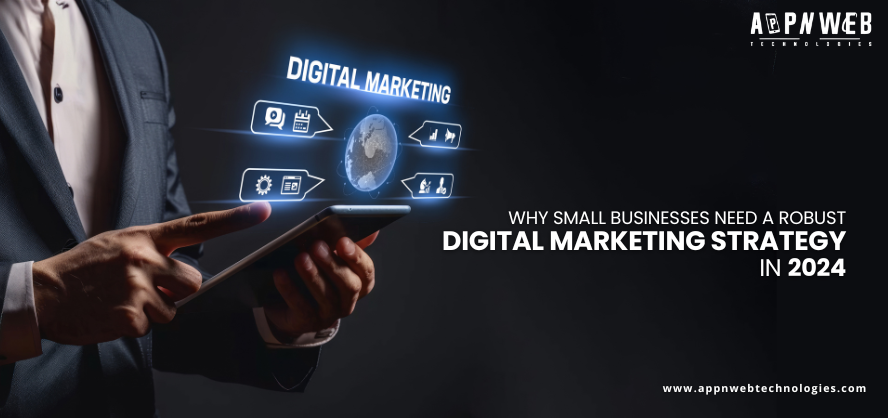

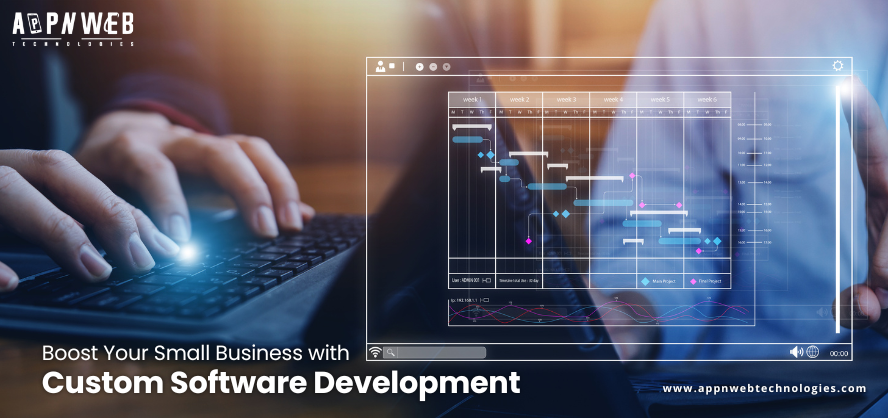

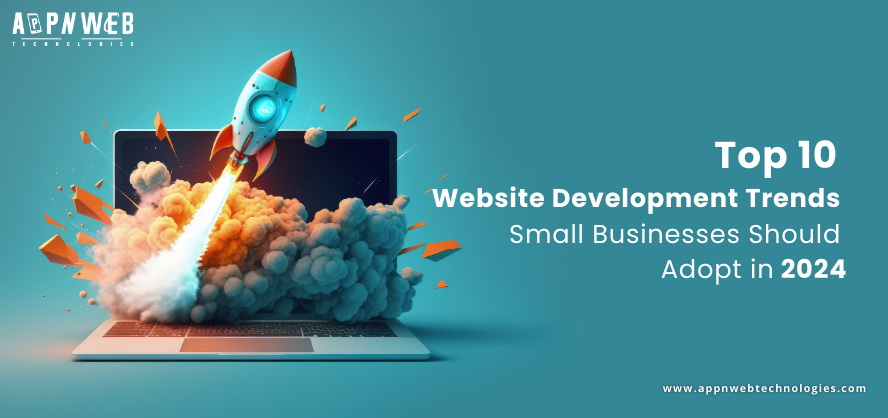
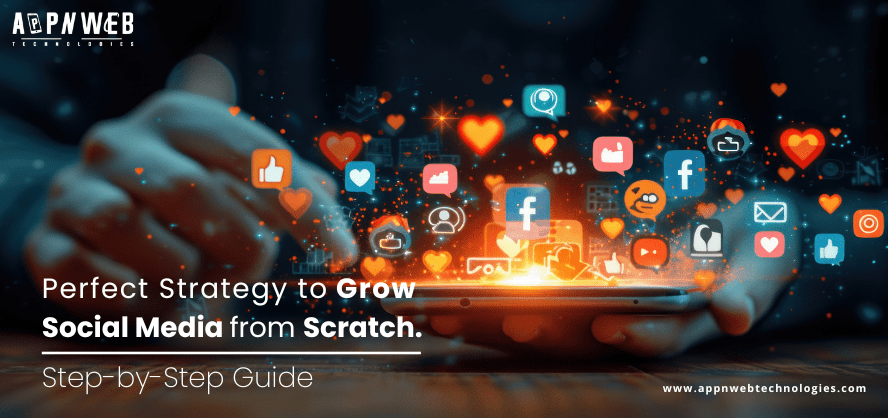
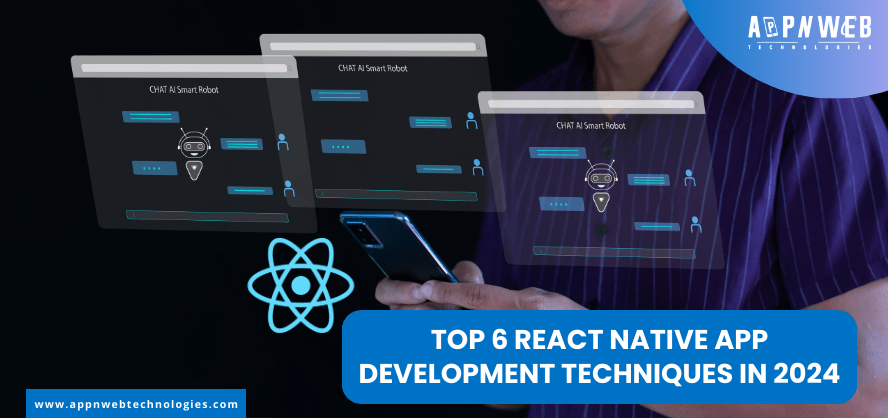
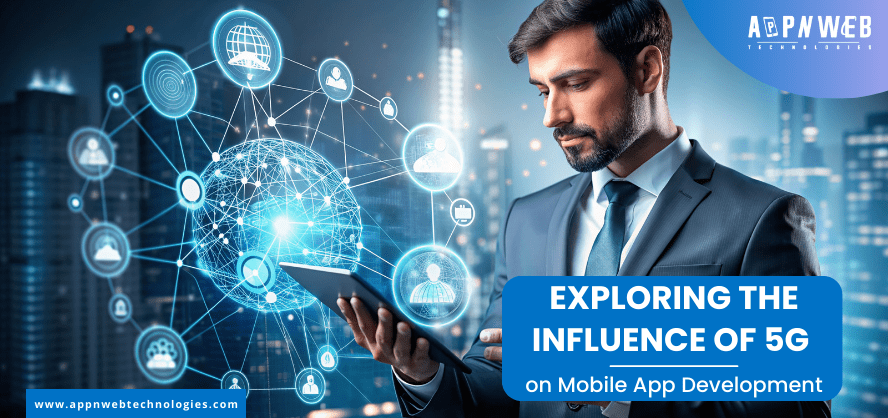
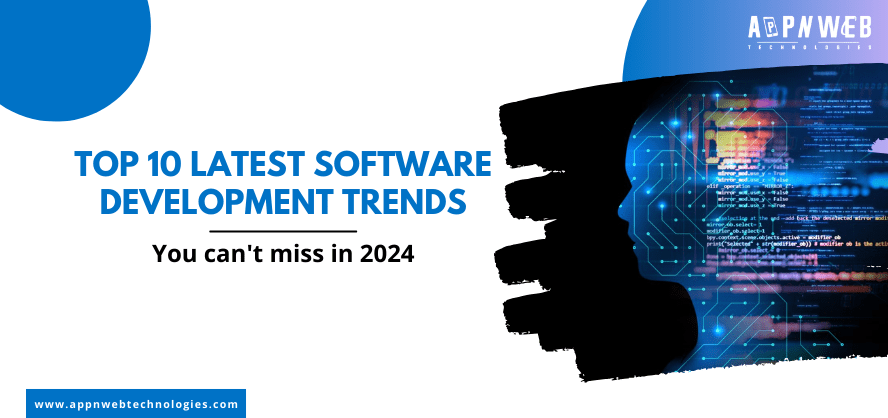

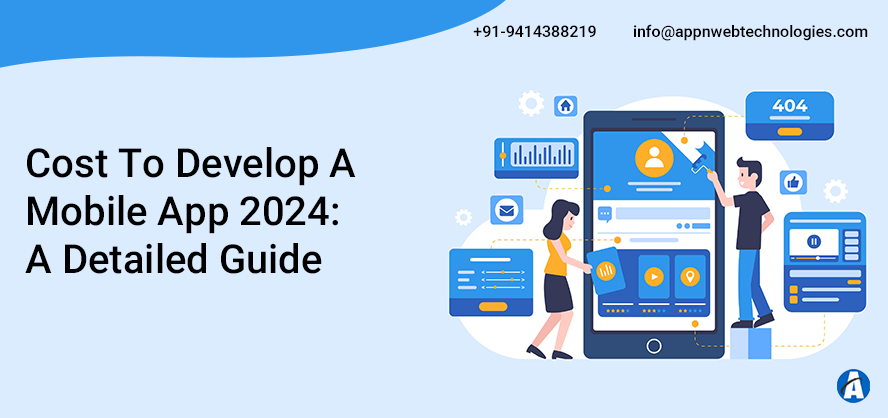
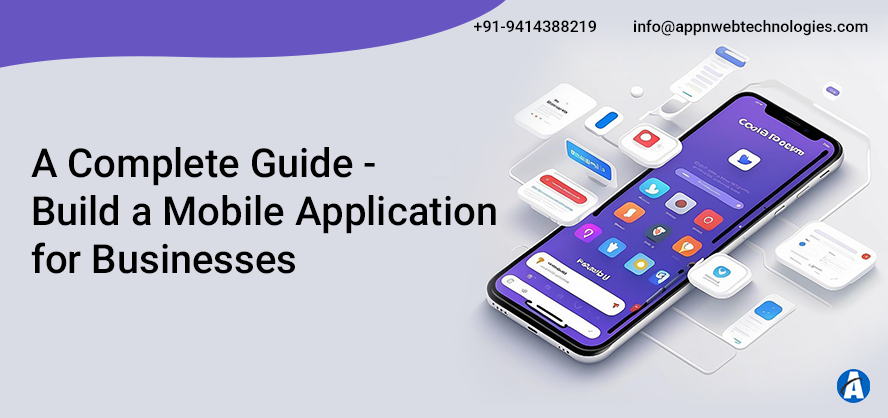
.svg)






